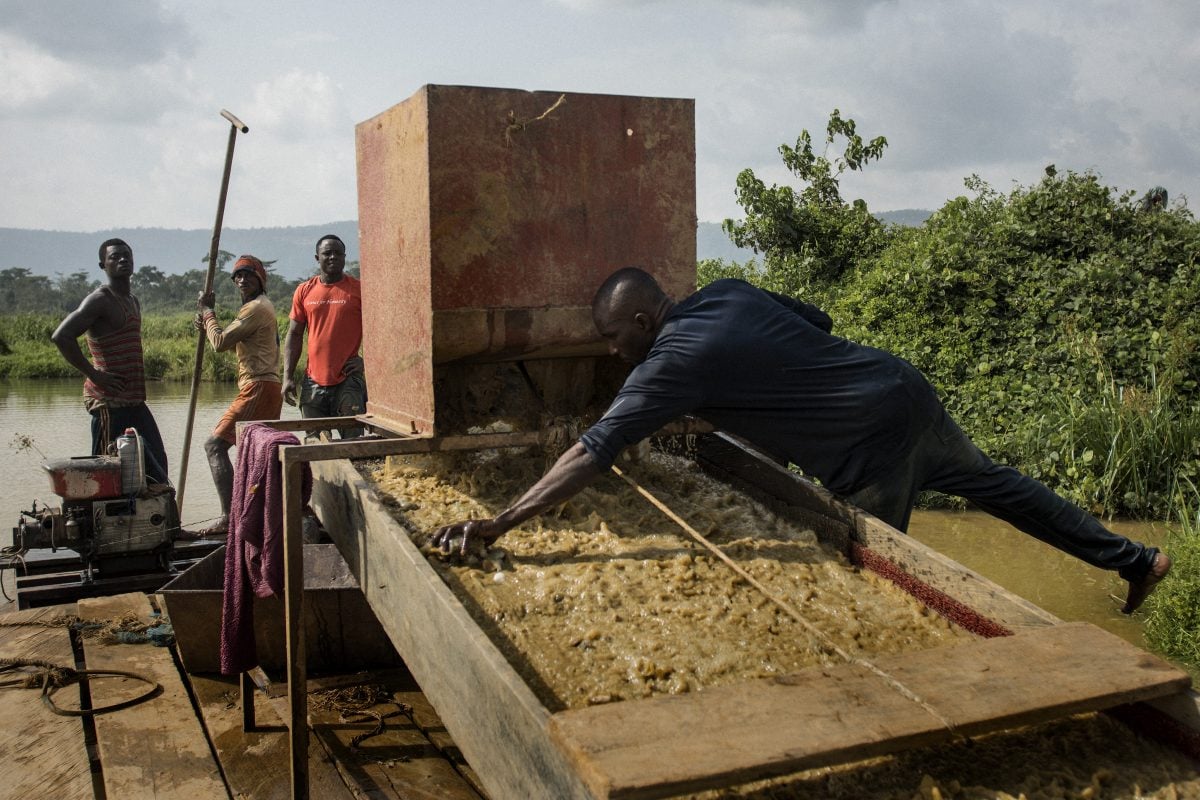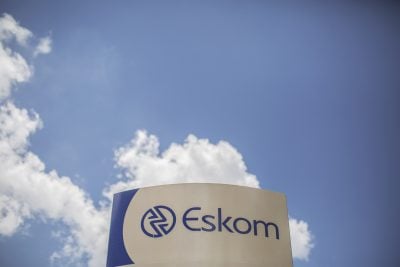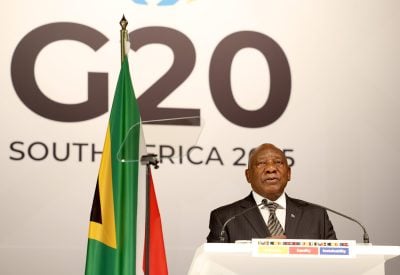Ghana’s Gold Board (GoldBod), a newly-constituted state entity charged with transforming how the nation’s most valuable natural resource is exploited, traded and regulated, has inked new purchase agreements with nine gold mining companies operating in the country.
“Under the agreement, the mining companies will deliver 20% of any gold they seek to export out of the country to the GoldBod in the form of doré bars,” a statement issued by GoldBod reads. “This agreement represents a significant step toward optimising national benefits from Ghana’s gold resources.”
GoldBod will make the purchases on behalf of the Central Bank of Ghana in a move aimed at bolstering even further the apex bank’s significant gold holdings. The companies included in the programme include Golden Team Mining Company, Akroma Gold, Adamus Resources, Cardinal Namdini Mining, Goldstone Akrokeri, Earl International Group, Xtra Gold Mining, Prestea Sankofa Gold and Gan He Mining Resource Development.
The nine gold miners will receive payment in Ghanaian cedis, discounted at 1% of the London Bullion Market Association (LBMA) spot price. They cumulatively produce about 200 kilograms of gold monthly, Reuters reported.
Ghana’s Central Bank has significantly scaled up its gold purchase programme in recent years, increasing its holdings from 8.7 metric tons in 2022 to 30.8 tons in February this year, according to official data. This is after Africa’s biggest gold producer entered similar purchase arrangements with major mining companies in 2022, agreeing to purchase 20% of the output of members of an industry group that includes global heavyweights such as Gold Fields, Newmont, AngloGold Ashanti, and Asanko Mining.
Doubling down on small scale miners
On top of the newly-signed purchase agreements, GoldBod is also rolling out new regulations targeting the small-scale mining sector, which accounts for 35% of Ghana’s total gold output, contributed $5bn in export revenue in 2024 and employs over 1m people. It is shifting away from a system in which local and foreign companies with export licences could directly buy and export gold from artisanal or small-scale miners.
Under the new system, GoldBod is the only entity allowed to buy, sell, assay and export artisanal gold, it said in a statement, although it will issue traders with new licences. Older gold trading licences issued by the former Precious Minerals Marketing Company (PMMC) and the minister for lands and natural resources have been revoked by GoldBod, which has kicked off a fresh licensing programme.
GoldBod said it will give local dealers first priority in the ongoing reissuance exercise. Foreigners have been asked to make space for local players, although if they wish to still participate they can apply “to buy or take-off gold directly from the GoldBod,” the statement said, emphasising that this new system seeks to streamline gold purchases from small-scale miners, increase earnings, and reduce smuggling.
GoldBod had previously issued a deadline of 30 April for gold dealers to reapply for licences – but it has now granted a three week extension to 21 May.
Sammy Gyamfi, acting CEO of GoldBod, told the press in Accra that the extension was to accommodate Ghanaian gold traders’ request for additional time to transition to the new regulatory framework. “We believe this is fair and adequate for any serious applicant who intends to comply with the law and obtain a Gold Board licence,” he said.
Analysts call for measured approach
“Ghana’s gold industry is about to undergo its most dramatic transformation in decades,” experts from Dowuona & Company, a Ghanaian law firm, argue. “The creation of GoldBod is the fulfilment of a commitment made in the manifesto of President [John] Mahama and the new National Democratic Congress government,” they note in a briefing.
They argue that the creation of GoldBod is intended to promote value addition to Ghana’s gold resources, support the accumulation of gold reserves by the Bank of Ghana, and generate foreign exchange through gold trading.
Because of the scale of transformation envisioned under GoldBod’s broad mandate, the experts insist on the need for a measured approach, where GoldBod executes its reform agenda without unnecessarily shaking investor confidence in the gold sector.
“GoldBod’s multiple mandates – regulator, commercial operator, financier, quality assurer and anti-smuggling enforcer – create inherent tensions that will require exceptional governance and management to navigate,” they contend.
“The organisation must simultaneously foster trust with international partners, maintain operational efficiency in competitive global markets and balance political imperatives with commercial realities.”
Patrick Stephenson, director for the Fiscal Governance and Policy Institute in Ghana, underlines the need for the GoldBod to carefully weigh the need for reform against the risk of spooking investors.
He tells African Business that an excessively rapid reform process, especially one that fails to adequately engage investors, could send the “wrong signal” to foreign investors.
“Currently if you think of the decisions of the government, a lot appears to be happening rather erratically… That may be a cause for worry, particularly FDIs [foreign direct investors],” he contends. “It may send a certain signal that may look almost nationalistic in character to foreign investors,” he argues.
He says that concerns about the settlement of gold purchases by the government in local currency could also weigh on investor sentiment.
“The challenge is that the payment is going to be made in local currencies. These mining companies pay for their equipment imports in foreign currency. You’ve got a foreign exchange risk there that we should think about,” he argues.
Capitalising on the bull market
The surge in global gold prices in recent years has been a boon for Ghana and aided in boosting investor confidence.
Gold is currently trading at $3,258, nearing a historic high of around $3,500 per troy ounce, and has strengthened by more than 25% since the start of the year. Over the past five years, gold’s price performance has achieved an average of 94.18%.
Analysts attribute this trend to gold’s increasing attractiveness as a safe-haven asset amid multiple global shocks that have roiled global financial markets – the latest being the trade wars instigated by US President Donald Trump’s administration. The price of gold appears to be benefiting from reduced confidence in the US dollar as a result of President Trump imposing sweeping universal tariffs.
The current gold bull market has boosted the economic fortunes of Africa’s main producers. In 2024 for example, Ghana earned $11.6bn from gold exports, a 52.6% increase from $7.6bn in the previous year. This growth was fuelled by a 30% rise in gold prices in 2024, following a 15% increase in 2023. Notably, gold accounted for 57% of Ghana’s total export revenue in 2024, helping to double the nation’s trade surplus to $4.9bn last year.
Anang Tawiah, an economist and risk analyst who covers Ghana, tells African Business that the surge in gold revenues has put Ghana on a sound macroeconomic footing. He further argues that it has aided in attracting new investments from foreign companies.
“Foreign investment in Ghana’s gold sector is robust, exemplified by China’s Zijin Mining Group’s $1bn acquisition of Newmont’s Akyem Gold Mine project in 2024. Such transactions reflect international investors’ strong interest, driven by favourable conditions and high gold prices,” he says.
Tawiah urges policymakers not to get carried away by current good tidings and to instead consider the cyclical nature of the gold market. Preparing for potential reversals in trends, he argues, is essential for long-term stability. He advocates for broad economic diversification as a crucial strategy, though he acknowledges that progress in this area has remained limited.
“Despite discussions on economic diversification, Ghana’s economy remains heavily reliant on gold, crude oil, and cocoa, which together constituted 78.2% of export earnings in 2024. This indicates limited progress in diversifying the economic base,” Tawiah says.
Want to continue reading? Subscribe today.
You've read all your free articles for this month! Subscribe now to enjoy full access to our content.
Digital Monthly
£8.00 / month
Receive full unlimited access to our articles, opinions, podcasts and more.
Digital Yearly
£70.00 / year
Our best value offer - save £26 and gain access to all of our digital content for an entire year!

 Sign in with Google
Sign in with Google 



